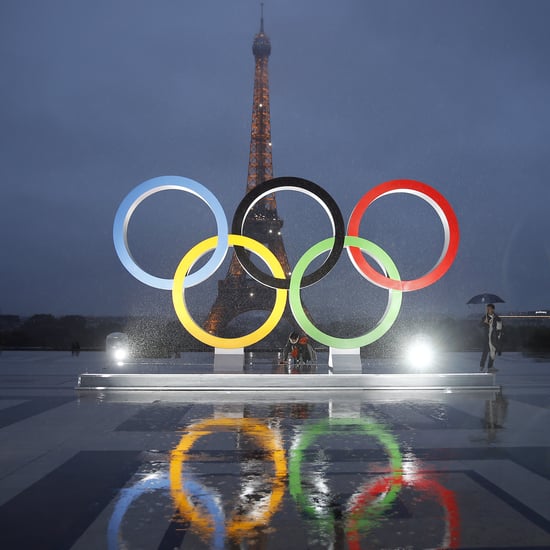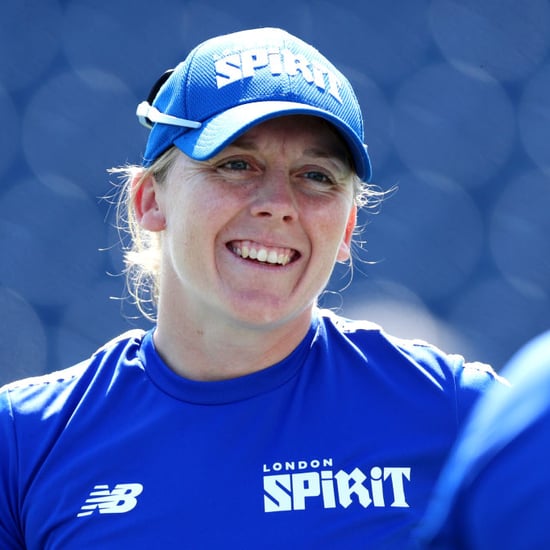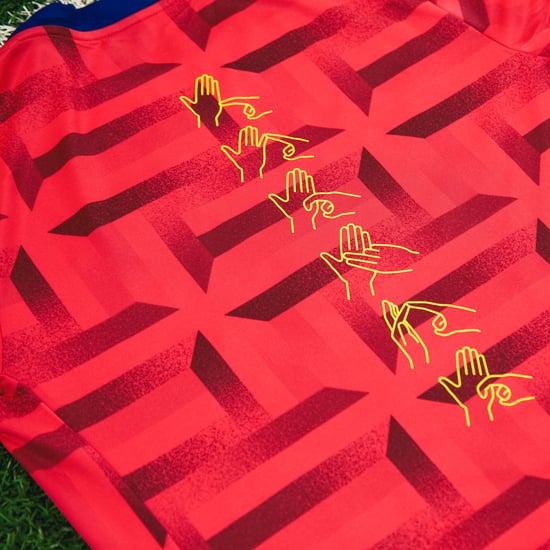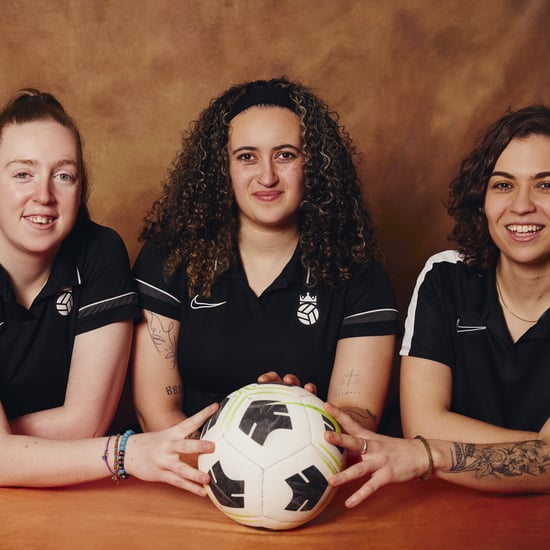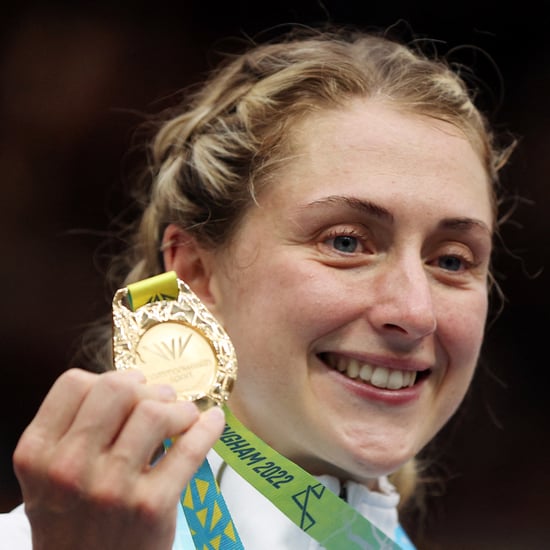How Long Is a Football Game?
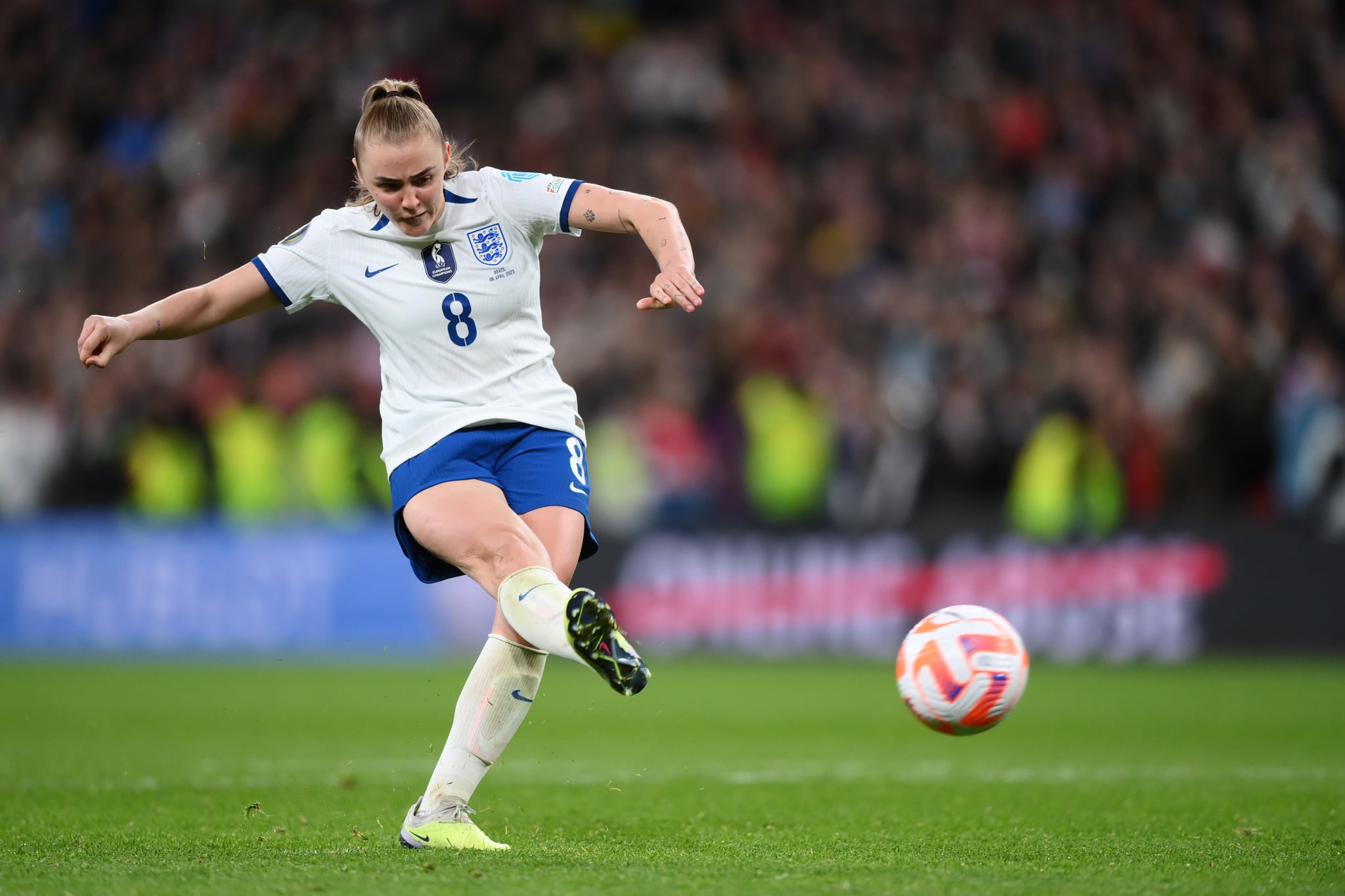
Image Source: Justin Setterfield/Getty Images
So you fancy getting clued up about football? Well, you've come to the right place. If you're ready to stop pretending you don't care about people kicking a ball around a pitch, we've got you covered. The beautiful game is exactly that, beautiful, a combination of athleticism, strategy, and raw emotion, and of course, nothing beats the feeling of watching your team win. So whether you're already a superfan and want to spruce up your footie knowledge, or have no idea about the sport but want to get involved in the fun, keep reading for exactly what you need to know about football. First off, what's your time commitment? How long exactly is a football game?
How Long Is a Football Game?
Football games can be intense, especially if it's a cup final, and the time watching your team battle it out for the title can be tough. To be exact, a football game for both men and women is 90 minutes long, with a 15 minute break after the first 45 minutes, known as half-time (perfect for topping up on snacks or popping to the loo). Then, the final 45 minutes resumes.
According to the FA, the duration of each match is always be 90 minutes, except in special cases, provided for in these competition rules, where an extra 30 minutes shall be played. The half-time interval shall be 15 minutes for all ties in all competitions. Both teams shall enter the field of play together, five minutes prior to the kick-off time, along with the match officials.
Is There Overtime in Football?
A regular game of football — outside of tournaments like the Olympics or the World Cup — doesn't usually go into overtime. If a game is tied by the end of the 90 minutes of play, it can simply end in a tie. Football allows for games to end in a tie, unlike many other sports, and the ranking systems have ways to reflect that.
However, at tournaments where there has to be a winner, such as at the World Cup (in the knock-out stages, not the group stages) overtime rules come into play. In those cases, if a match is tied at the end of the regulation 90 minutes of gameplay, the game goes into an extra period, or what other sports might call overtime or extra time. If the game is still tied at the end of these 30 minutes of extra play, then the game's outcome will be determined by a penalty shootout.
How Does Overtime or Extra Time Work in Football Games?
Extra time may be acquired depending on stoppages and injuries. If the game goes into extra time, another one-minute "drinks break" is allowed at the "halftime" of the extra period. These rules remain the same for the Olympics, for the World Cup, and for "regular" games outside of these major tournaments.
According to IFAB's rules, referees can make allowances for time "lost" through various events in each half. The list includes:
These choices are largely left to the discretion of the referees. The only other main "rule" is that a timekeeping error in the first half cannot be compensated for by adding extra time to the second half. Also worth noting: there are no timeouts for the team to huddle and discuss strategy, as is common in other sports.
Lauren Gordon is the editorial coordinator at POPSUGAR UK, where she creates lifestyle and identity content. Lauren has a degree in journalism from University of the Arts London and previously worked as a showbiz and TV reporter at The Mirror US. Lauren specialises in pop culture, hair and beauty, focusing on trends, sharing in-depth tutorials, and highlighting hidden gems in the beauty industry.


